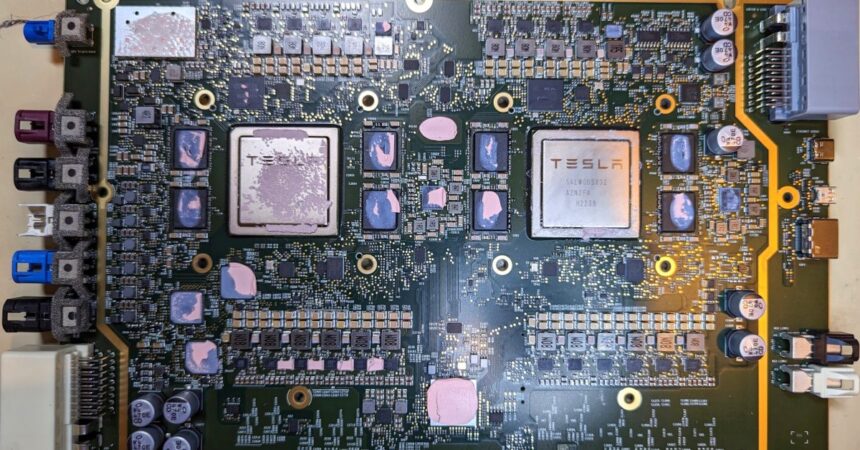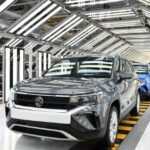Tesla is facing backlash for its refusal to allow the transfer of its ‘Full Self-Driving’ package to new vehicles, despite not fully delivering on the promises of the package. The automaker is using its own incapacity to deliver on unsupervised self-driving as a demand trigger to push customers to order new cars.
Since 2016, Tesla has been selling the Full Self-Driving package, promising advanced driver assist features that would eventually lead to unsupervised self-driving through software updates. However, Tesla quickly realized that not all cars produced since 2016 would be able to achieve this, leading to the introduction of new hardware like HW3 in 2019 and HW4 in 2023.
Despite claims that HW3 cars would still be capable of achieving self-driving, Tesla has shifted its focus to updates for HW4 cars, as HW3 reaches its compute limits. This has left HW3 owners concerned about the future of their self-driving capabilities.
Customers have been asking Tesla to allow the transfer of the FSD package to new vehicles, but the automaker has refused to do so. Elon Musk initially agreed to a one-time amnesty for transfers, but this has since been revoked, with Tesla using the situation to boost sales and create urgency for customers to upgrade.
The refusal to allow FSD transfers not only undermines customer trust but also creates a liability for Tesla, as HW3 cars with paid FSD packages may never fully achieve self-driving capabilities. It would be in Tesla’s best interest to allow transfers to newer vehicles with a higher chance of success.
Overall, Tesla’s handling of the FSD package transfer issue reflects poorly on the company’s commitment to customer satisfaction and transparency. Customers deserve the right to transfer their paid-for packages to new vehicles, especially if Tesla is unable to deliver on its promises of unsupervised self-driving. By prioritizing sales over customer satisfaction, Tesla risks damaging its reputation and alienating loyal customers.







